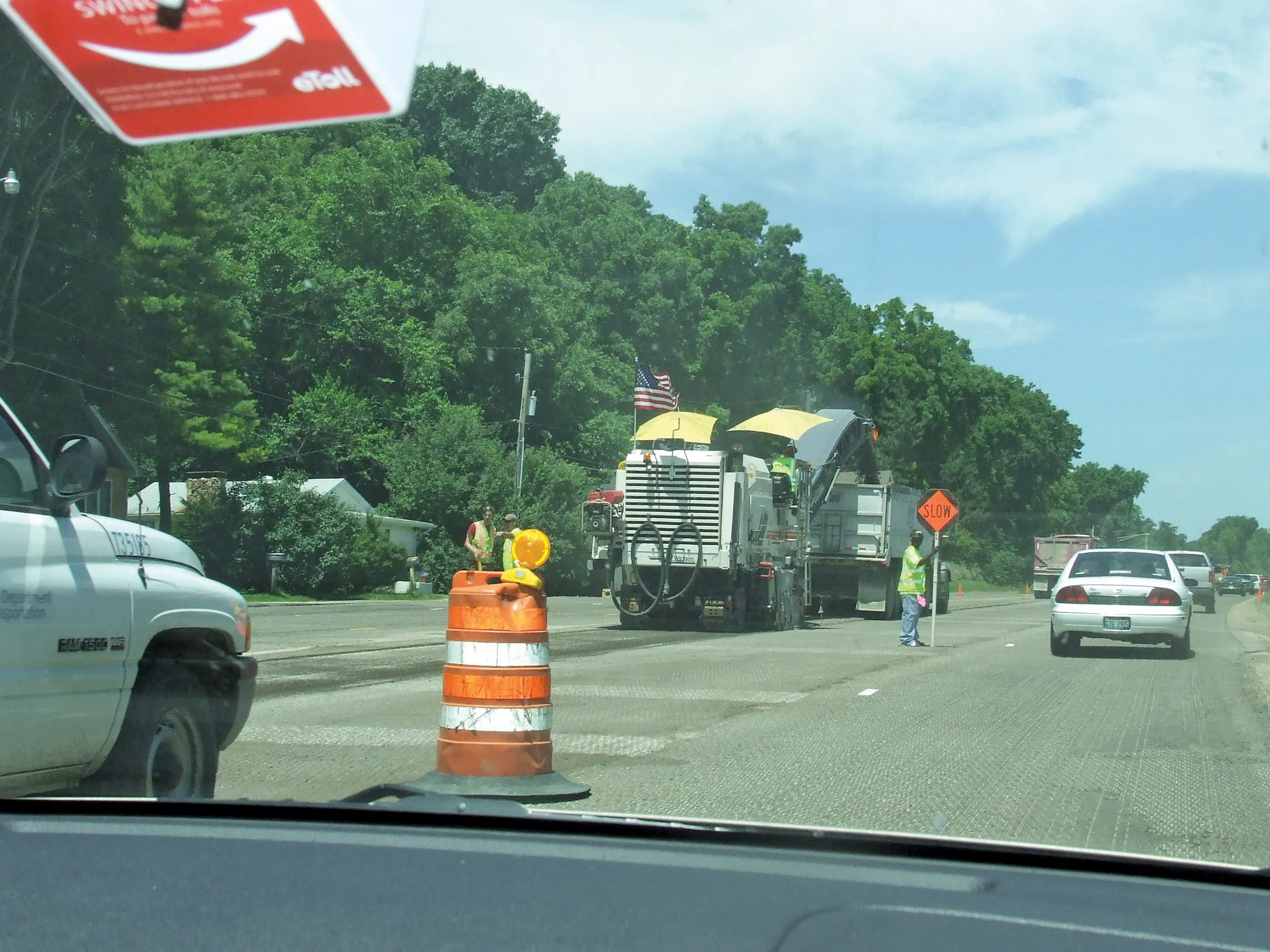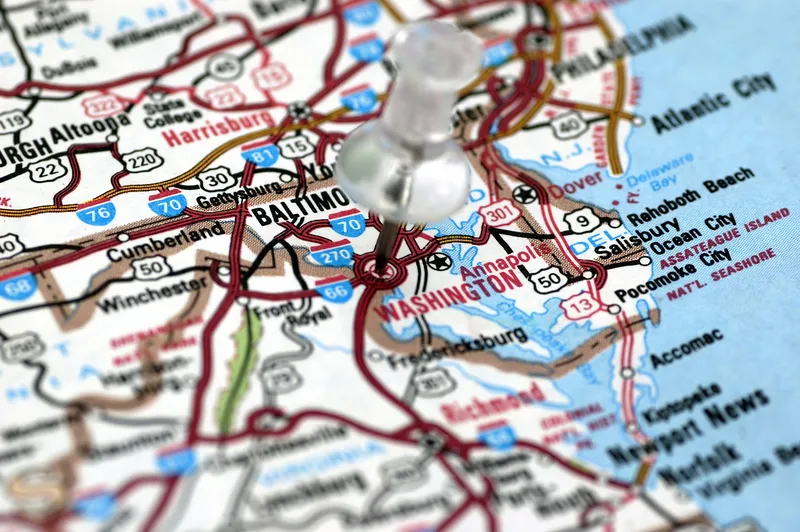The potential for high occupancy toll (HOT) lanes in congested US cities offers further room for development, according to US-based transport expert Bob Poole of the Reason Foundation.
March 13, 2012
Read time: 3 mins
The potential for high occupancy toll (HOT) lanes in congested US cities offers further room for development, according to US-based transport expert Bob Poole of the Reason Foundation. At present Atlanta, Dallas, Houston, San Diego, San Francisco and Seattle all feature HOT lanes and Poole believes that the nation's capital, Washington DC, could benefit from a similar approach. According to Poole, the Washington DC area has the second highest level of traffic hold-ups in the US for time delays/traveller. The plan to expand the HOT system could reduce vehicle hours of delay by 12.5% according to estimates, which offers a good return on investment.
Looking further afield many other of the world's cities could introduce the HOT concept. While Europe's cities are certainly congested, only a few have sufficient traffic lanes on major highway links for the HOT system to be viable. The Netherlands has been one of the most open-minded counties in Europe with regard to envisioning new traffic and transport solutions. As a major through-route for much of Europe's truck traffic, the Netherlands does experience heavy congestion on many of its highways as well as around its major cities. For the Netherlands, HOT lanes could be an alternative option to introducing distance charging for all road users. Similarly in Germany, the area around the cities of Cologne, Dusseldorf and Dortmund is notorious for heavy congestion in peak periods. Here also, HOT lanes could provide an answer.
Cities in parts of Africa, Asia and Latin America could also benefit from HOT lanes. The2719 Chinese Government is highly aware of the issue of traffic congestion, particularly in capital Beijing and Shanghai, and is working on plans to tackle the problem. Both count as 'mega-cities' due to their vast size and suffer from high congestion at peak periods and Beijing recently suffered a traffic jam that stretched nearly 100km. The highways around Beijing and Shanghai feature numerous traffic lanes and the HOT lane system could be installed, either as a short-term solution to ease traffic or as part of a longer term strategy. The Chinese Government is also receptive to the use of the latest traffic technologies that would permit open-flow tolling.
In Latin America, both Rio de Janeiro and Mexico City are notorious for their traffic problems. Both cities have major infrastructure programmes in hand at present and for Mexico City, this includes a ring road that will divert much of the through-traffic that presently has to enter the city. In both instances, a comprehensive introduction of HOT lanes could be used to help stem traffic flows. With tolled highways a reality in both countries, drivers are used to paying to use traffic links and sliding pricing scales relating to congestion rates could be adopted for the HOT lanes.
Looking further afield many other of the world's cities could introduce the HOT concept. While Europe's cities are certainly congested, only a few have sufficient traffic lanes on major highway links for the HOT system to be viable. The Netherlands has been one of the most open-minded counties in Europe with regard to envisioning new traffic and transport solutions. As a major through-route for much of Europe's truck traffic, the Netherlands does experience heavy congestion on many of its highways as well as around its major cities. For the Netherlands, HOT lanes could be an alternative option to introducing distance charging for all road users. Similarly in Germany, the area around the cities of Cologne, Dusseldorf and Dortmund is notorious for heavy congestion in peak periods. Here also, HOT lanes could provide an answer.
Cities in parts of Africa, Asia and Latin America could also benefit from HOT lanes. The
In Latin America, both Rio de Janeiro and Mexico City are notorious for their traffic problems. Both cities have major infrastructure programmes in hand at present and for Mexico City, this includes a ring road that will divert much of the through-traffic that presently has to enter the city. In both instances, a comprehensive introduction of HOT lanes could be used to help stem traffic flows. With tolled highways a reality in both countries, drivers are used to paying to use traffic links and sliding pricing scales relating to congestion rates could be adopted for the HOT lanes.









